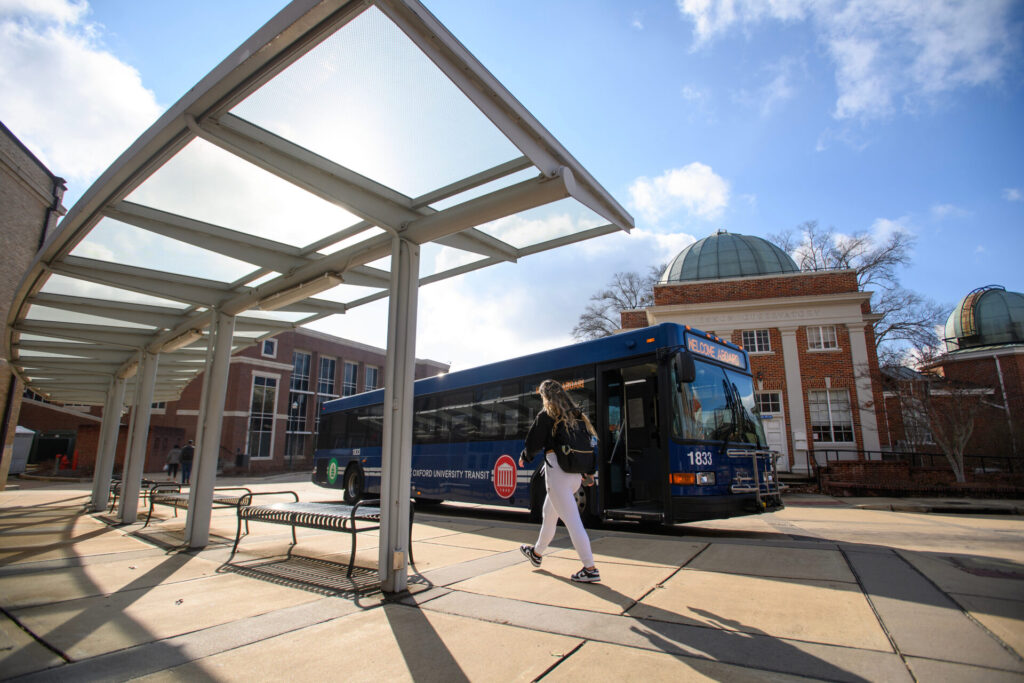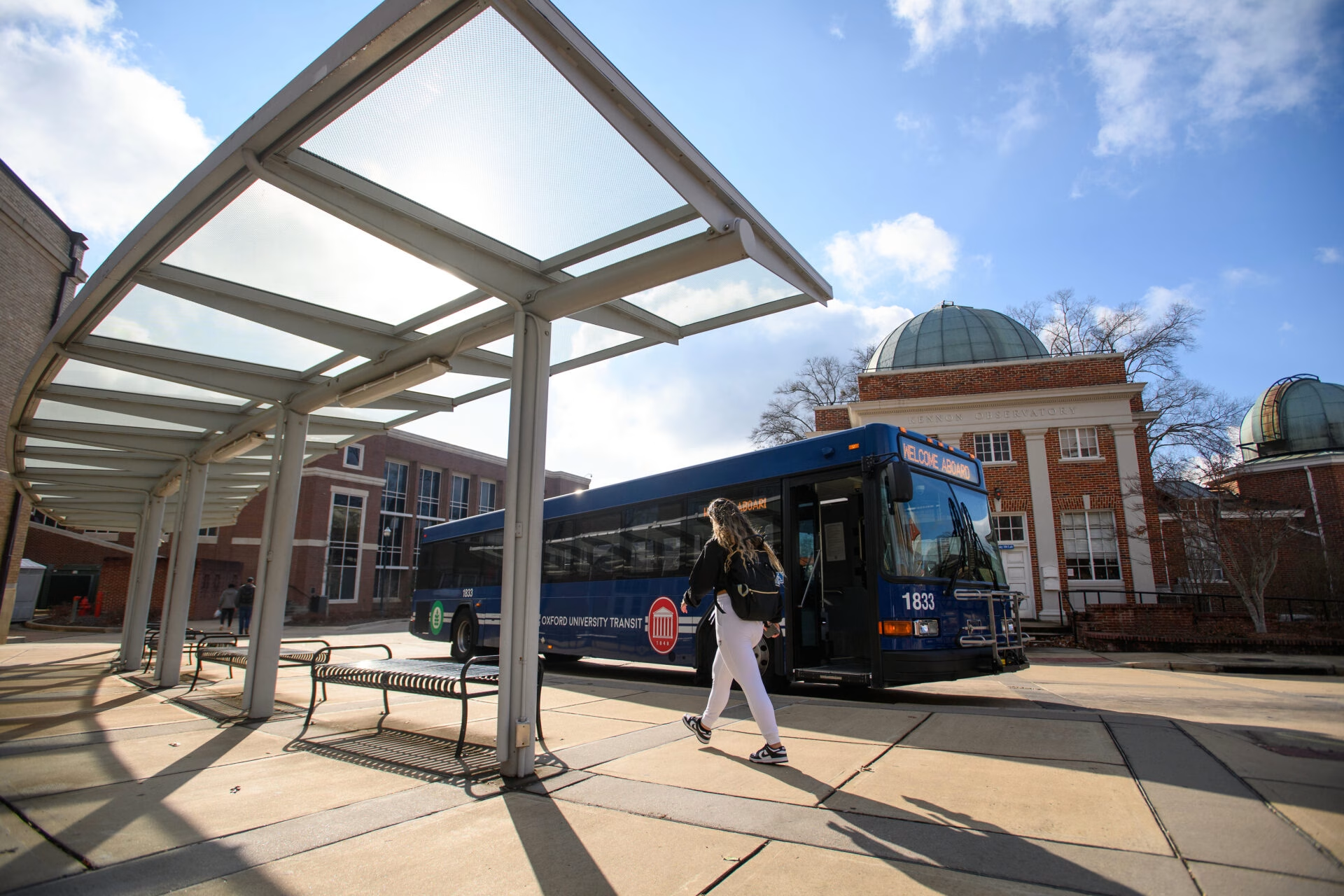By Erin Garrett
University of Mississippi

University of Mississippi Chancellor Glenn Boyce has signed a commitment to empower the institution to build upon its long history of sustainable efforts and conserving valuable resources.
“As Mississippi’s flagship university, we are committed to being good stewards of our resources and advancing initiatives that will positively benefit our campus,” Boyce said. “This commitment reflects our ongoing dedication to promoting efficient and sustainable practices.”
UM joins other Southeastern Conference schools, including Auburn University and the University of Arkansas, in signing the Second Nature Climate Commitment, which acknowledges higher education’s key role in shaping a sustainable society.
Second Nature, a nonprofit that collaborates specifically with higher education institutions on work of this kind, offers a climate commitment, carbon commitment and resiliency commitment.
The climate commitment, the most comprehensive of the three, has two main focuses: tracking carbon emissions to achieve carbon neutrality and creating a plan to address climate resiliency. This work will take place over three years.
Kendall McDonald, associate director of the university’s Office of Sustainability, said she is excited about the effort, which coincides with an expanded Earth Month celebration at the university.
“The administration recognized our office’s need for supportive resources and additional capacity to achieve something as significant and encompassing as a climate action plan, which requires buy-in from across campus departments and a consensus-based planning strategy,” McDonald said.
Since 2008, the university has signed on to older versions of the carbon commitment. For this iteration, the Office of Sustainability will receive funding for graduate assistants, resources for focused attention from key stakeholders and software acquisition to improve emissions analysis.
A recent agreement with Trane Technologies has placed the university in a prime position to achieve goals outlined in the commitment, said Dean Hansen, director of facilities management. University leadership will work with Trane, an energy services provider, to comprehensively assess campus buildings for efficiency upgrades and implement them.
The upgrades will be funded by the utility cost savings generated from the work, making the project budget neutral.
“We are responsible for being good stewards of resources for the state of Mississippi,” Hansen said. “If we aren’t striving to be as efficient and effective with those resources as we can, then we’re failing.
“Energy is one of the largest costs we have on campus for our facilities. As a result, it presents the largest target of opportunity to garner the most savings. Our partnership with Trane allows us to maximize the savings while also improving the way these facilities operate and function. It’s a win-win.”
Ian Banner, director of facilities planning and university architect, has served as director of the Office of Sustainability since 2012. He also stressed the importance of thoughtfully managing the university’s resources.
“We don’t want to be wasteful,” Banner said. “Our No. 1 goal is to use all our resources wisely and as prudently as we can.”
The Office of Sustainability was established two months after then-Chancellor Robert Khayat signed the first commitment in April 2008. Since, numerous projects have been implemented to promote sustainability, from increased recycling to operating the Oxford University Transit system.
This work began even before the Office of Sustainability’s creation, Banner said. In the early 2000s, Banner and university leadership began exploring the possibility of constructing buildings on campus to meet Leadership in Energy and Environmental Design, or LEED, guidelines.
Seven campus buildings have been constructed to these guidelines. The Robert Khayat Law Center, dedicated in 2011, has a LEED gold certification.
The center features window glazing to reduce solar heat, occupancy and daylight sensor controls, and low-volume plumbing fixtures. Recycled content makes up 13% of its materials and 20% of its materials were sourced from less than 500 miles away. Additionally, 94% of the construction waste produced was diverted from landfills.
Other sustainable initiatives include the university’s compost program, which has diverted some 140,000 pounds of food waste from landfills since it began, and the creation of the university’s campus garden.
In 2019, Ole Miss earned a bronze rating from the Sustainability Tracking, Assessment and Rating System, also known as STARS. The Association for the Advancement of Sustainability in Higher Education issues these ratings in recognition of sustainability performance, taking into account social, environmental and economic factors.
For more information about sustainability efforts on campus, visit the Office of Sustainability’s website.


